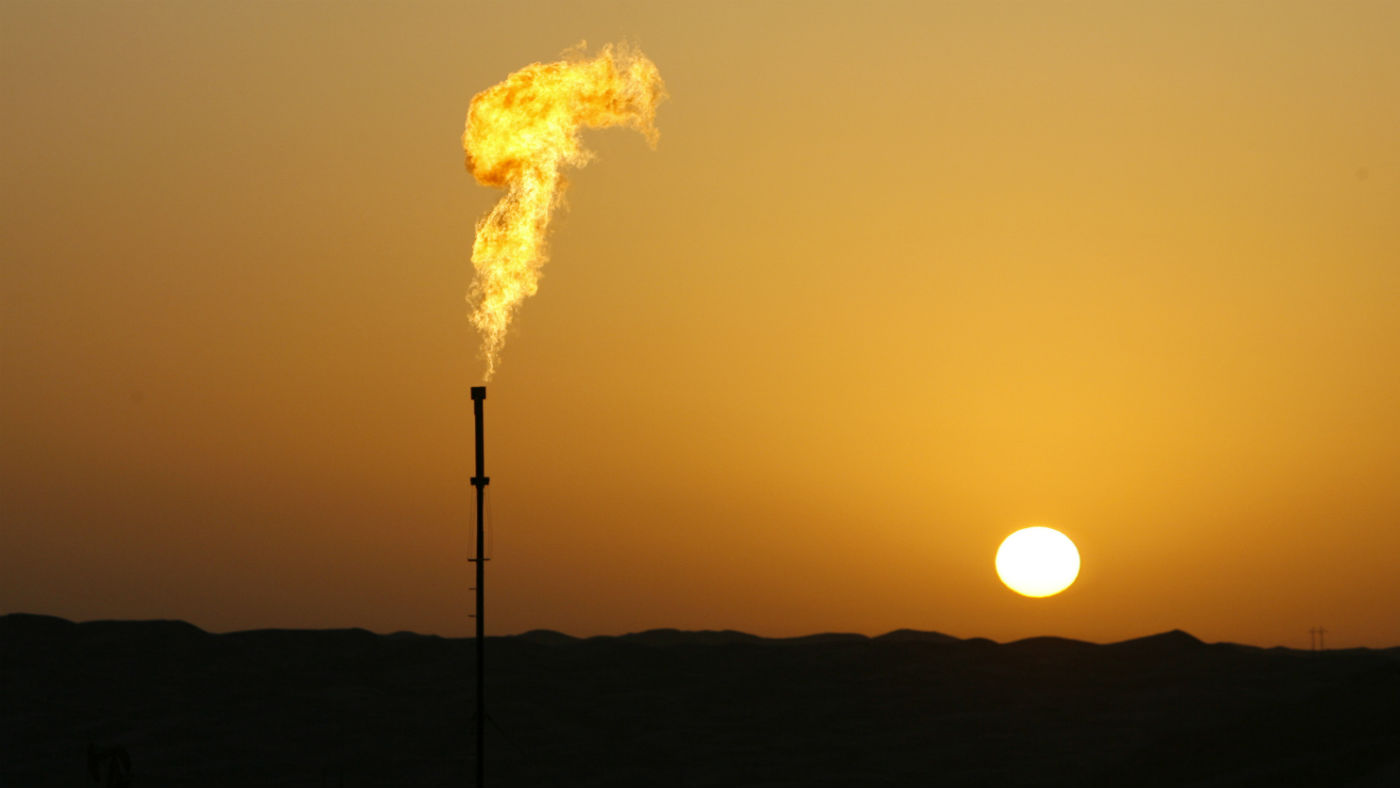How could Iran war affect oil prices?
Historical precedents have only limited relevance to modern market

A free daily email with the biggest news stories of the day – and the best features from TheWeek.com
You are now subscribed
Your newsletter sign-up was successful
As the Middle East teeters on the brink of a full-blown war between Iran and the US, investors are scrambling to predict how a period of increasing political turmoil and instability could affect the global oil market.
On news that Iranian General Qasem Soleimani had been killed in a US drone strike at Baghdad airport on Friday morning, the price of Brent crude vaulted more than 4% to hit $69.50 a barrel in the day’s trading. Stock prices of BP and Royal Dutch Shell also both rose around 1.5%.
By contrast, shares of Saudi Aramco were down 1.7% on Sunday, falling to their lowest level since it started trading last month after a record initial public offering.
The Week
Escape your echo chamber. Get the facts behind the news, plus analysis from multiple perspectives.

Sign up for The Week's Free Newsletters
From our morning news briefing to a weekly Good News Newsletter, get the best of The Week delivered directly to your inbox.
From our morning news briefing to a weekly Good News Newsletter, get the best of The Week delivered directly to your inbox.
Reuters reports the shares “reacted to across-the-board selling in Gulf markets” following the death of Soleimani.
But despite the immediate shock to markets, the impact on global oil prices of a long, protracted conflict in the Middle East between Iran, the US or any of her regional allies is harder to predict.
The closest parallels to the current situation dates back over 15 years to the start of the Iraq War in 2003, when prices for US crude oil spiked $10 per barrel overnight. The next day the market crashed followed by a period of extreme volatility.
However, while “it’s always useful to have a sense of Middle Eastern history” says Market Watch, Michael Widmer, a commodities strategist at Bank of America, says the single biggest factor that changes the game in oil from then to now, is that the US makes enough oil to be independent.
A free daily email with the biggest news stories of the day – and the best features from TheWeek.com
“The US is no longer reliant on crude from the Middle East” writes BBC business reporter Nell Mackenzie, “the drone attacks on the Saudi Arabian oil plants in September serve as a good example”.
That day the market surged almost $10 a barrel, “but not much happened in the aftermath” she says, with the “sour political discourse outlasting any fears of price disruption”.
–––––––––––––––––––––––––––––––For a round-up of the most important business stories and tips for the week’s best shares - try The Week magazine. Start your trial subscription today –––––––––––––––––––––––––––––––
In the short term, analysts at Citibank expect prices to stay high on retaliation fears, while “attacks on US oil company pipelines, or where Western and American oil companies have invested in new exploration, would drive crude higher”, says Mackenzie.
A full-blown war between the US and Iran could see prices more than double to $150 a barrel, says James Salmon for This is Money.
Furthermore, CNBC says “Iran’s unpredictability and web of proxies, like Hezbollah, creates an unmeasurable risk factor for the price of oil that the market is not reflecting, and it makes for an even bigger wild card because Iran can operate through them like a rogue nation”.
Any tensions could seriously disrupt supply through the Strait of Hormuz, through which a fifth of world's oil supply passes and which Iran has threatened to blockade.
This would affect oil out of Iraq, Kuwait, UAE, Qatar and most notably Saudi Arabia who, “having just raised more than $25 billion through Aramco’s initial public offering, have an interest in easing tensions in the region” says the New York Times.
But with the US set to surpass Saudi Arabia as the world’s number one oil producer, the power of Opec has waned in recent years with any disruption able to be offset by an increase in US shale.